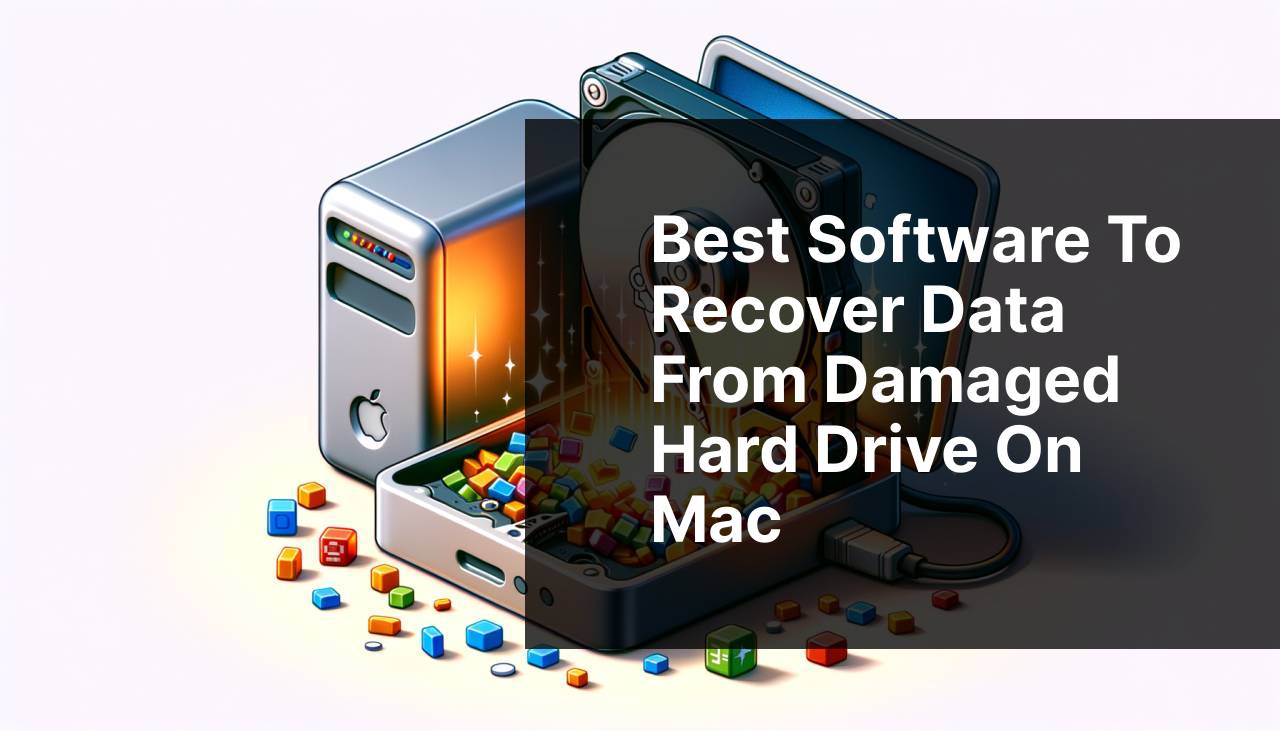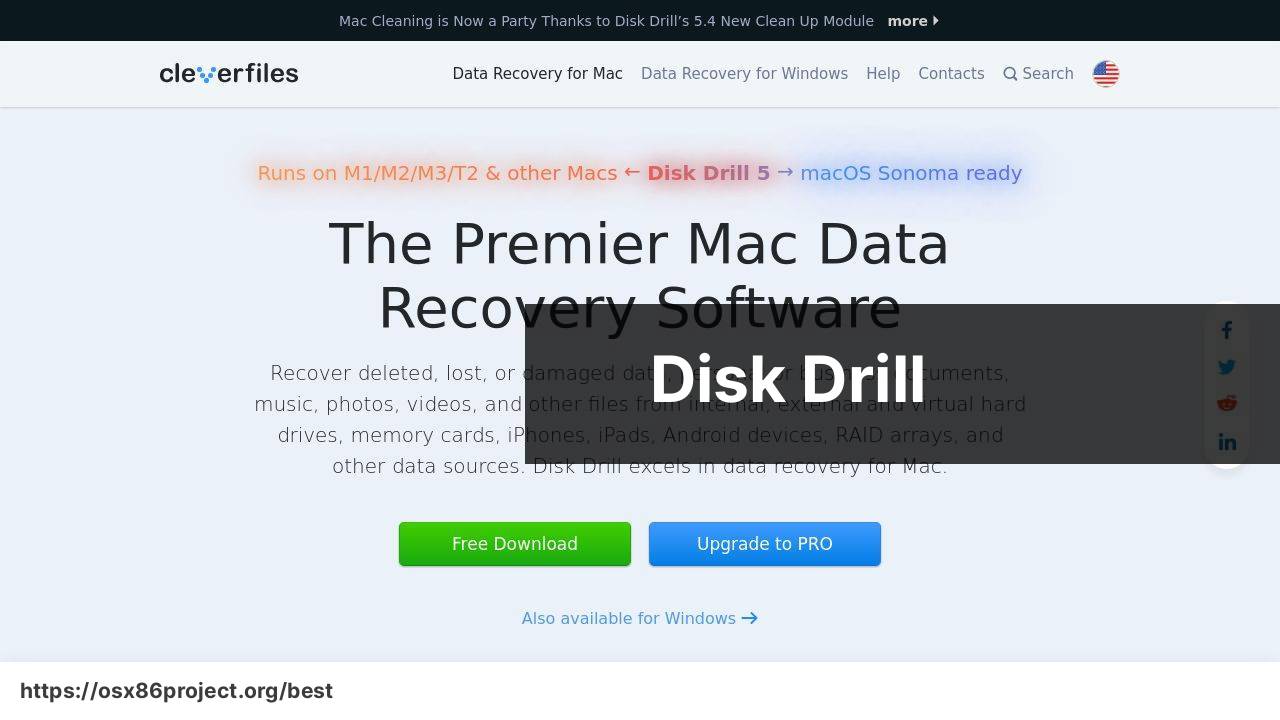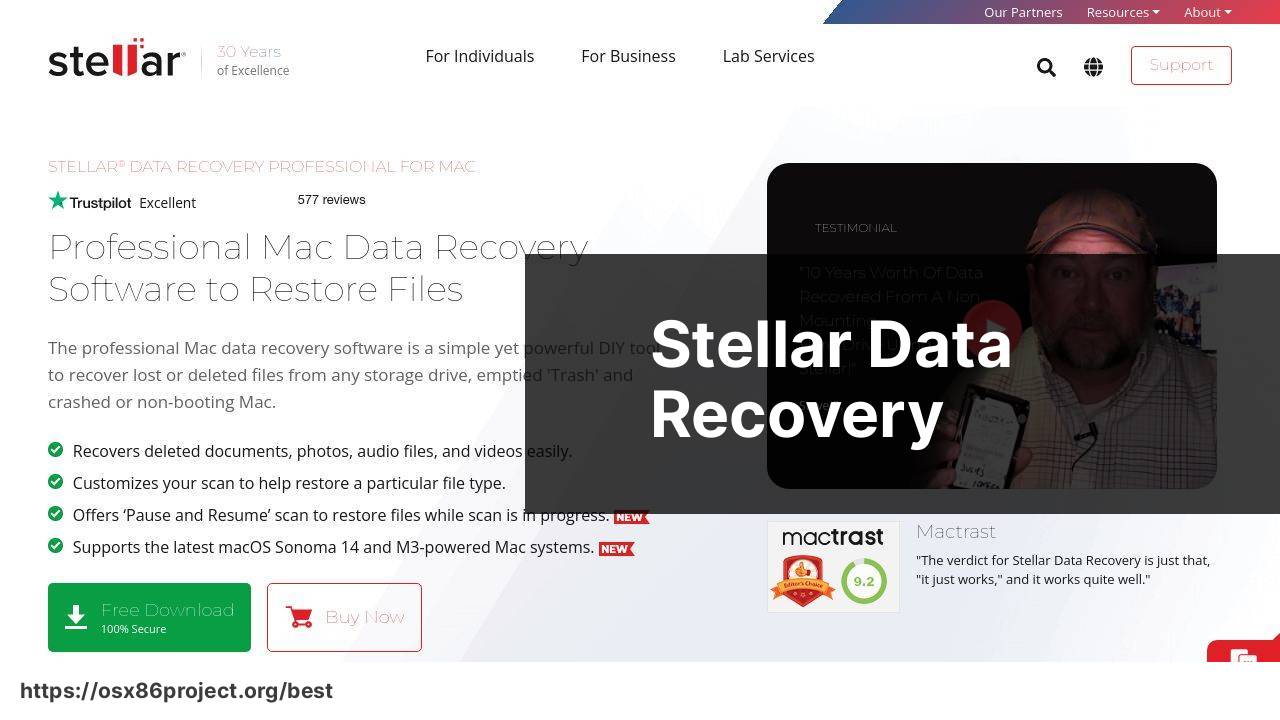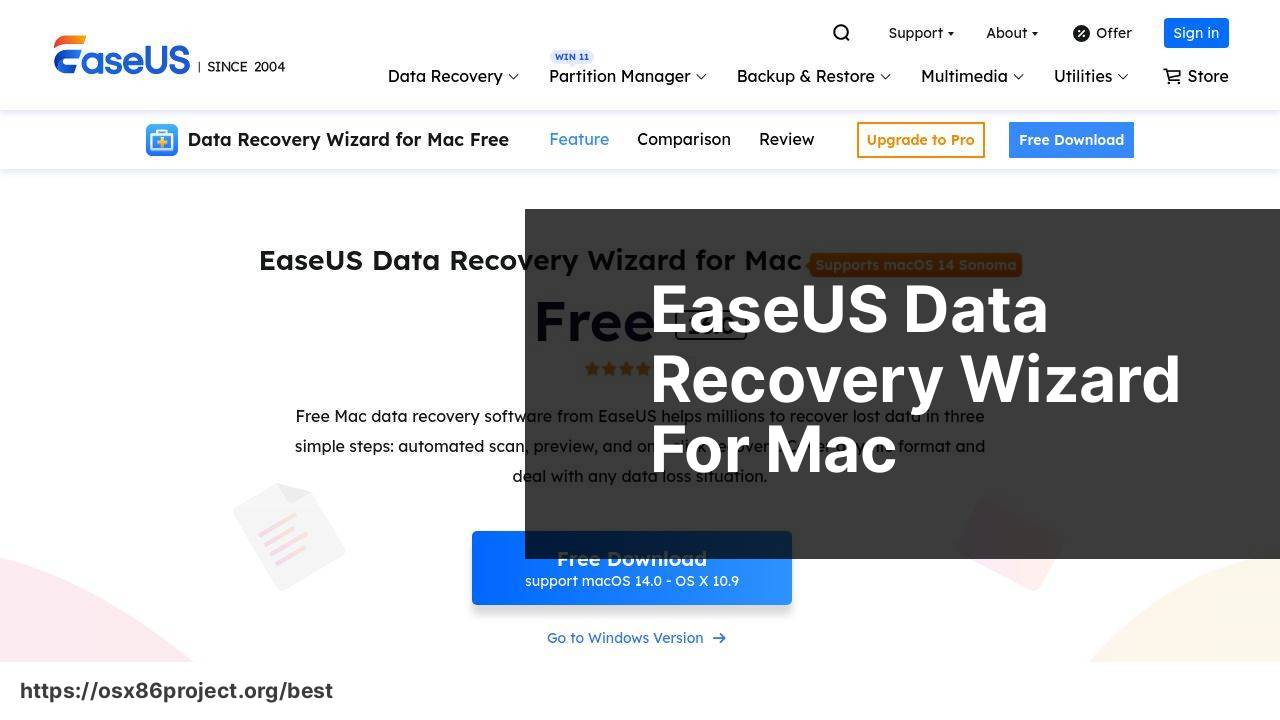Best Software To Recover Data From Damaged Hard Drive On Mac

Data loss on a Mac can be a harrowing experience, particularly if the contents of a damaged hard drive hold precious memories or pivotal work documents. In this digital age, the value of data cannot be overstated. However, mishaps can lead to the need for recovery solutions that are both effective and user-friendly. Many Mac users, myself included, have faced the sinking feeling of a failed hard drive. During one such instance, I discovered the remarkable capabilities of data recovery software, and through trial, error, and research, I found some of the best tools to mitigate these disasters.
Disk Drill

From my personal experiences, Disk Drill stands out as a first-rate data recovery tool for Mac that combines robust recovery algorithms with an intuitive interface. It offers a suite of additional utilities alongside its core recovery feature, and is equipped to handle scenarios from simple file restoration to complex recovery tasks.
Pros
- Advanced data recovery algorithms
- User-friendly interface
- Supports multiple file systems
- Includes extra data protection tools
Cons
- Limited free recovery allowance
- Premium version can be pricey for some users
Stellar Data Recovery for Mac

Stellar Data Recovery for Mac is recognized for its ability to reclaim lost data on a diverse range of Mac devices. This tool promises a high success rate even in the midst of challenging recovery scenarios.
Pros
- High recovery success rates
- Supports multiple storage devices
Cons
- Scanning can be time-consuming
- Interface may appear dated to some users
EaseUS Data Recovery Wizard for Mac

Another contender is EaseUS Data Recovery Wizard for Mac, blending efficiency with simplicity. This software targets both novices and experts, offering multiple scanning modes to tailor the recovery process.
Pros
- Intuitive user experience
- Offers flexible scanning modes
Cons
- Limited free recovery capacity
- Rigorous scanning can lead to long wait times
Data Rescue 6 for Mac
Data Rescue 6 for Mac focuses specifically on the cause of data loss, providing targeted solutions. Its strengths lie in handling complicated recovery scenarios while maintaining the sanctity of the original data.
Pros
- Specializes in advanced recovery cases
- Preserves original file structure as much as possible
Cons
- Some find the interface complex and intimidating
- Cost can be a barrier for casual users
R-Studio for Mac
For those with a technical background, R-Studio for Mac delivers extensive control over the data recovery process via its advanced features and complex interface.
Pros
- Highly customizable recovery options
- Geared towards professional use
Cons
- May be overwhelming for non-technical users
- Interface not as polished as competitors
Youtube video to watch
Conclusion:
It’s important to have a clear understanding of the intricacies involved in data recovery. Knowing the types of damage and file loss can help assess the right tool for the job. Logical damage, such as accidental deletion or formatting, often has a better prognosis for recovery using software tools, as the data is typically still on the drive but inaccessible through standard means.
However, physical damage, such as a head crash or motor failure, may require specialized equipment and a clean-room environment, often found at professional data recovery services. It is significant to note that Mac hard drives can use different file systems, like APFS or HFS+, which may affect the compatibility and efficiency of recovery software.
An often-overlooked component of data recovery is tagging and sorting recovered files. Some tools excel at maintaining the original file structure, which can be crucial for finding your files post-recovery.
For more technical insight and resources, I recommend visiting authoritative sources like Apple Support and iFixit, where you can learn more about hard drive health and DIY repairs, should you feel up to the task. Also, various data recovery forums and communities can offer valuable advice and share experiences with different software.
FAQ
What is the best software for recovering data from a damaged hard drive on a Mac?
One of the top contenders for data recovery on Macs is Disk Drill. It’s known for its user-friendly interface and powerful recovery capabilities. Explore more at CleverFiles.
Can I retrieve lost files from a failing Mac hard drive without software?
Without software, recovery options are limited. It’s crucial to use a dedicated recovery tool to safely and effectively retrieve lost files from a failing hard drive.
Is it possible to recover data from an external hard drive connected to a Mac?
Yes, external hard drives connected to a Mac can be scanned using data recovery software like Disk Drill for potential data restoration.
Does running a data recovery software on Mac require technical expertise?
Most data recovery tools for Mac are designed for ease of use and don’t require extensive technical expertise. They often provide step-by-step guides.
What file types can Mac data recovery software typically restore?
Mac data recovery software can generally restore a wide variety of file types, including documents, photos, videos, and music files.
How effective is data recovery software for Macs on solid-state drives (SSDs)?
Recovery software can be effective on SSDs, but success rates may vary due to the way SSDs handle data deletion compared to traditional hard drives.
Are there any free data recovery solutions for Mac users?
There are free solutions such as TestDisk, which can recover partitions and undelete files on Macs. For more information, visit CGSecurity.
What are the signs that indicate I might need Mac data recovery software?
Signs include frequent errors, missing files, or the hard drive not appearing on your Mac.
Can data recovery software repair the actual damage to a hard drive?
Data recovery software cannot repair physical damage but can help recover data from drives with logical errors or corruption.
How secure is using data recovery software on a Mac?
Reputable Mac data recovery software ensures that the recovery process is secure and doesn’t overwrite existing data during the scan.
 Best MacOS Apps / Software
Best MacOS Apps / Software
